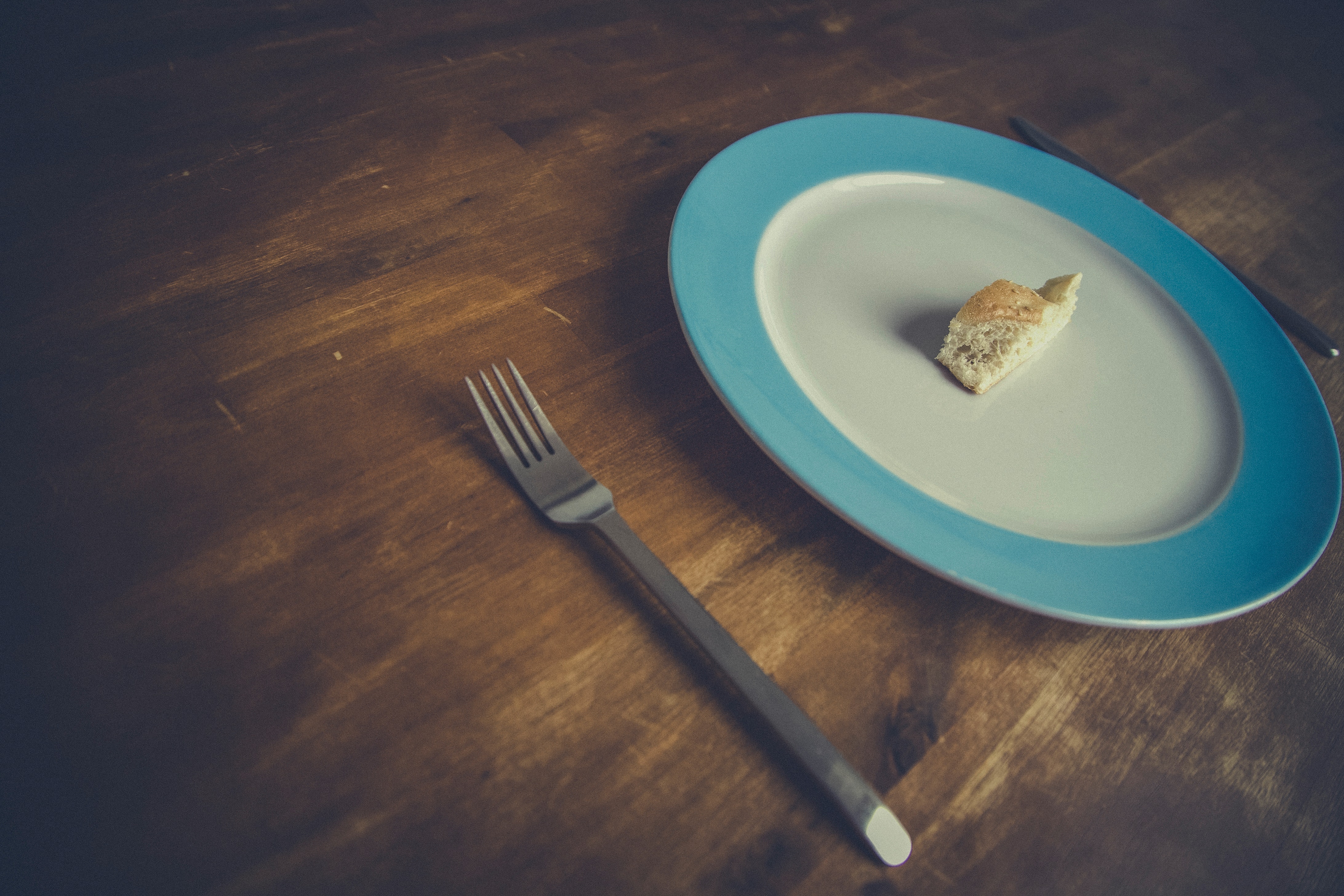
The HCG Diet Reviews and Controversy – Does it Really Work?
When it comes to weight loss, people can go to extremes to lose the extra pounds. Juice cleanses, grapefruit diet, soup and liquid diets–you name it, people have tried it.
Another example of these extreme diets is the HCG diet.
Is it safe?
Does it work?
As it turns out, the HCG diet is a bit controversial.
What is the HCG Diet and Why is it Controversial?
If you’ve ever taken a pregnancy test or know someone who has, then you already know that HCG or Human Chorionic Gonadotropin is a hormone used as a marker in home pregnancy tests.
According to the people who swear by the HCG diet, this hormone can also fire up your metabolism and help you lose pounds without feeling hungry or weak.
You lose fat without getting hungry?
Where do I sign up?
But the HCG diet is under scrutiny by the Food and Drug Administration (FDA) because it’s dangerous and misleading.
The Promise Behind the HCG Diet

With the HCG diet, you can only consume 500 calories a day for 8 weeks. To put that in perspective, an adult male needs 2500 calories to maintain his weight and 2000 calories to lose one pound in a week.
On the other hand, a woman needs to consume 2000 calories to maintain her current weight and 1500 calories to lose a pound in one week.
Now imagine if you could only eat 1/5 or 1/4 of what you currently eat?
That would mean going from eating three meals per day, to less than one meal per day.
What’s more, are you losing weight from the extreme calorie restriction or from the HCG hormone itself? Some interesting research has been done to see just that.
Fraudulent Marketing Surrounding the HCG Diet

The FDA warns against the use of HCG weight-loss products. Advertised as “homeopathic,” in nature, these products come in the form of pills, oral drops, pellets, and sprays.
These products claim to reset the metabolism and help people drop as much as 30 pounds in 30-40 days. But HCG products are not approved by the FDA for weight loss.
However, the hormone itself can be used as a treatment for female infertility.
So, if you’re on a strict 500-calorie diet, you’re bound to drop some pounds–whether you’re taking HCG weight-loss products or not.
What does science have to say about this?
Well, there was no scientific evidence supporting the effect of HCG on weight loss and in the treatment of obesity. 1 1. https://www.ncbi.nlm.nih.gov/pmc/articles/PMC1365103/ ×
It doesn’t reduce hunger, either.
Other studies offer the same insight:
- A double-blind, placebo-controlled study put 40 obese women (BMI > 30 kg/m2) to test the effects of HCG on weight loss against placebo injections. These women follow the same diet and received the injections six days a week for six weeks. At the end of the study, researchers found that the subjects who received the HCG injections did not show any advantages over those who took the placebo injections. 2 2. https://www.ncbi.nlm.nih.gov/pubmed/2405506 ×
- In another study, 51 women between the ages of 19 and 60 went through a double-blind comparison of HCG and placebo. The patients had the same 500-calorie diet and were weighed daily for 32 days. Again, there was no statistically significant difference between the HCG and the placebo groups in terms of weight loss, hunger ratings, and hip and waist circumference. 3 3. https://www.ncbi.nlm.nih.gov/pubmed/786001 ×
- There was a study that tested the claims that HCG can help reduce weight and help in localized spot reduction. In the double-blind randomized trial, there was no difference in weight loss, localized body measurements, and hunger among the subjects who took HCG injections and the placebo. 4 4. https://www.ncbi.nlm.nih.gov/pubmed/595585 ×
The bottom line here is that HCG does not add to the effectiveness of a diet.
The studies have shown that weight loss happened because of the strict calorie restriction and not because of HCG that was added to the person’s diet.
Why do People Fall For the HCG Diet?
One thing that keeps coming up and over and over again is that humans love novelty.
Novelty is one reason people cheat in relationships.
It’s also a reason people compulsively look for new diets. Eating better and moving more isn’t sexy.
I already know that.
But this “new thing?” Sounds fun. Let’s try it.
It’s not so much about having a lack of information about what’s healthy or what isn’t, because there’s plenty of information about the risks of low-calorie diets.

Long-term effects, on the other hand, have more serious side effects. Gallstones, menstrual issues, and muscle loss are just some of them.
Prolonged calorie deprivation dramatically changes your hormones too.
A Diet Approach That’s Actually Fun and Works
There are safe and effective ways to lose pounds, and the HCG diet is definitely not one of them.
If you want to lose weight, follow the golden trifecta of sexy-common-sense:
- Eat the right foods
- Do the right movements
- Find an accountability system that actually works like the Benjamin Franklin method
And regardless of which diet you took (in this video, I briefly discussed the advantages of four popular diets), the important thing is that you are consistent in following it.
Not by days or weeks or months, but by years. That’s how you’ll be able to gauge the effectiveness of your diet.
Another thing is that, when you lose muscle due to extreme calorie deprivation, you will not achieve the shape or toning that you want. You need calories to build muscles–and of course, let’s not forget about exercise.
So yes, while you might fit in a new slinky dress, you might lose the muscle mass that you worked hard to achieve (which gives you your shape).
The HCG is not a quick fix, or any fix at all, and is most likely just another shiny object on the road to your dream body.
Have you tried the HCG diet? Did it work for you?
